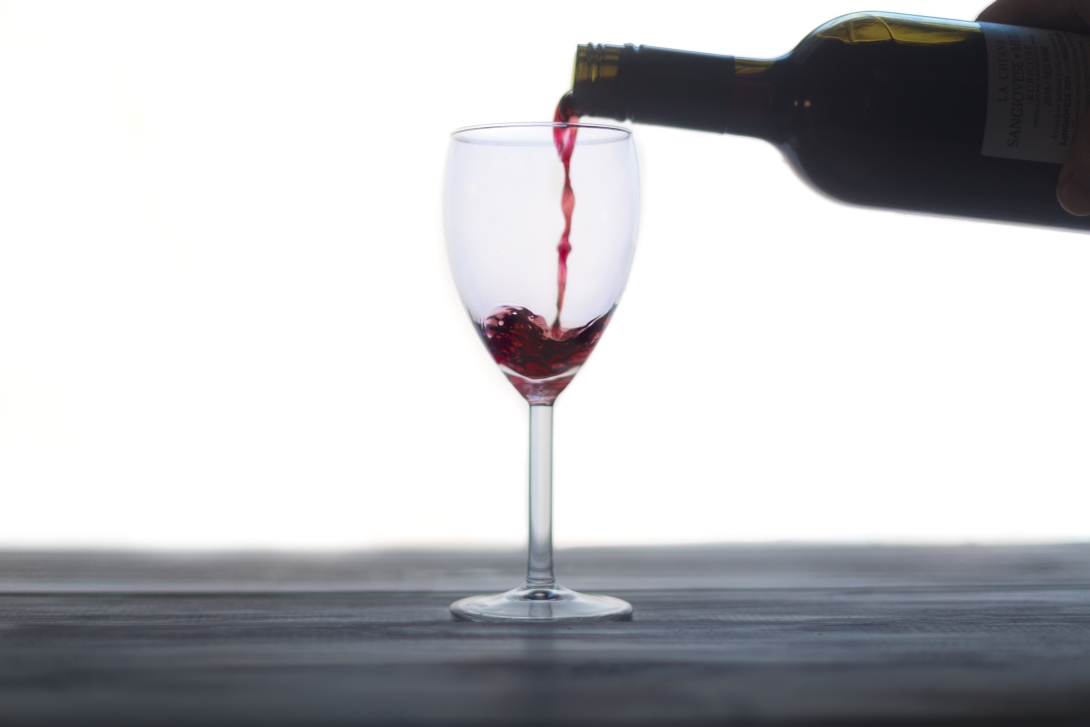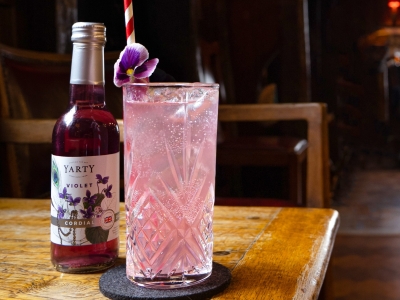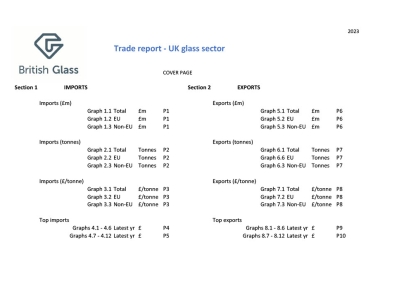
Following the recently published article in the Financial Times, British Glass were concerned to see several errors and misplaced claims regarding glass in Jancis Robinson’s ‘Rethinking the bottle: could plastic, cans and kegs be greener?’. Here we set the record straight.
Phillip Fenton, Lead Packaging & Recycling Adviser at British Glass, commented:
“While we acknowledge Ms Robinson’s opinion on the use of glass as the primary packaging material for wine, we are disappointed to once again respond to an article of this nature and correct certain discrepancies in the original piece.
“As was the case in a similar article that was published last year by the same author, it is claimed that ‘only about 50 per cent of all glass containers in the UK are recycled’ which is simply incorrect.
“The latest recycling figures published by DEFRA shows 68% of glass packaging placed on the UK market was recycled in the last year, while data from the Packflow Covid-19 research shows a consumer recycling rate for glass of 72% compared to plastic, which achieves a consumer recycling rate between 32% and 38%.
“It is also important to acknowledge that across the industry we are taking steps to limit our impact on the planet through other means, such as through the Ardagh Group’s Furnace of the Future project which was mentioned in Ms Robinson’s original article, and not just focusing on improving the amount of glass that’s recycled in the UK.
“A key area of improvement rightly mentioned in Ms Robinson’s article is the weight of some wine bottles, but we are striving for change. In the last 15 years the average weight of a glass bottle has decreased by 40% through the process of rightweighting and now nearly 40% of wine sold in the UK is bulk imported and filled in UK manufactured bottles reducing the CO2 emissions from transport by over 40%.
“Another great example of the process of rightweighting comes from Concha y Toro who in 2018 used lightweight bottles in 98% of its range. This achieved a reduction of 13,577 tonnes of glass, translating into a reduction of 14,127 tonnes of CO2 emissions due to production and transport.
“An additional opportunity for change is through legislation, with the industry supporting regulations to improve the consistency and simplicity of kerbside recycling and for industry to take greater responsibility in the disposal of their packaging with a new system of Extended Producer Responsibility. This will see more investment into recycling infrastructure and communications campaigns to help us all do the right thing.
“Wales have already implemented similar changes, achieving a collected for recycling rate of just under 90% for glass through kerbside collections – we want to see similarly high rates of glass recycling across the rest of the UK.
“We understand that all forms of packaging must evolve for the good of our planet, glass included, and when compared to each other, there will be pros and cons for each material.
“But we still believe that the natural qualities of glass, including its endless recyclability and inert nature, make it the best choice for the wine market, both in the present and for the future.”


